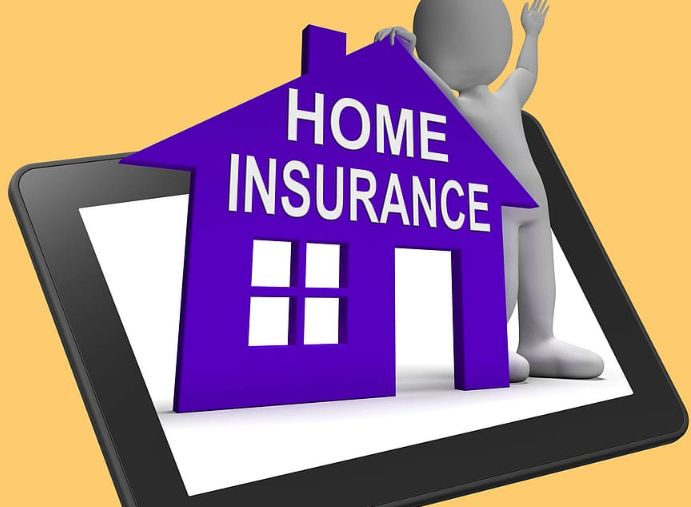The Impact of Homeowners Insurance on Homeownership
 Homeowners insurance provides financial protection against damage to your property and liability for injuries and damages to others. Most policies also include personal property coverage and other options.
Homeowners insurance provides financial protection against damage to your property and liability for injuries and damages to others. Most policies also include personal property coverage and other options.
Many factors influence the cost of homeowners insurance, including location and the risk level of your neighborhood or the state. Some elements are within your control, like the deductible you choose and bundling your home and auto insurance.
Coverage
Homeowners’ policies are not all created equal. Policy types ranging from HO-1 through HO-8 provide different levels of coverage. The cheaper options generally offer the least coverage, while the most expensive typically provides the most protection
Homeowners insurance Newark DE, also provides liability protection for injuries and property damage that the homeowner or their family causes to others. This policy portion is often overlooked, but all homeowners need to understand.
Insurance companies use several factors to determine your premium, including your home’s value and location, the amount of dwelling coverage you need, and how much personal possessions are covered (by a standard “actual cash value” that considers depreciation). Your credit score, claims history, and state also affect your rate.
Some homeowners are forgoing insurance altogether, betting that the likelihood of a catastrophe isn’t high enough to justify paying an expensive premium. But if you can afford to cover more minor losses out of pocket, raising your deductible is an effective way to lower premiums.
Claims
Homeowners insurance generally covers not only your house and belongings but also liability for accidents and injuries on your property, such as when a kid accidentally kicks a soccer ball through a neighbor’s patio door. Many homeowners need help understanding this liability coverage and may assume it’s separate from their policy.
Insurance companies weigh pricing variables differently, but the likelihood of you filing a claim is a significant factor in your premium. A history of frequent claims can increase your rate, even when you switch to a different company.
Other factors that impact your rate include the location of your home — including its distance from fire stations and hydrants — and property crime rates in the area. And if your house has outdated wiring or plumbing, removing them could decrease your speed. Add-on coverage, such as ordinance or law coverage, is another option that may lower your rate. Sometimes, your marital status and credit score can also affect your rate.
Deductibles
The amount of the homeowner’s insurance deductible directly affects policy premiums. Homeowners can choose a flat dollar amount or a percentage deductible to lower their rates. However, it’s essential to select an easily affordable deductible in the event of a claim. Otherwise, homeowners may consume debt to cover the expenses of an emergency repair, which could be detrimental in the long run.
The type of deductible chosen will also impact the policy’s coverage for specific perils, such as flooding and earthquakes. These policies usually have a separate deductible from the standard homeowners’ policy.
Raising the deductible will reduce homeowner’s insurance premiums, but filing a claim may also cost more. Choosing a higher deductible can save homeowners money in the long run. Still, it’s essential to choose the right amount for their situation and ability to pay in the event of an emergency. Also, homeowners can often qualify for discounts by installing preventative measures like smoke detectors and home security systems and taking other steps to protect their homes.
Premiums
Inflating construction costs and a growing number of natural disasters drive up homeowners insurance rates in many areas. This is a big reason you’ll see a higher home insurance premium at your renewal, even if you didn’t file any claims in the past year.
Other factors that may impact your home insurance premium include:
Dwelling coverage covers your house and other structures on your property, like a shed or fence. Further structures coverage, which pays to repair or replace items such as a detached garage or fence. Loss of use/additional living expenses helps pay for living expenses if your home becomes uninhabitable after damage from a covered event. Personal property coverage helps cover your belongings if they’re stolen or destroyed.
Some companies also consider your credit score and marital status when calculating homeowners insurance rates. Married people file fewer claims than singles to qualify for lower rates. The distance to a fire station and hydrant, property crime rates in your area, and whether or not you have pools, trampolines, or aggressive pets are all factors that can influence your premium as well.